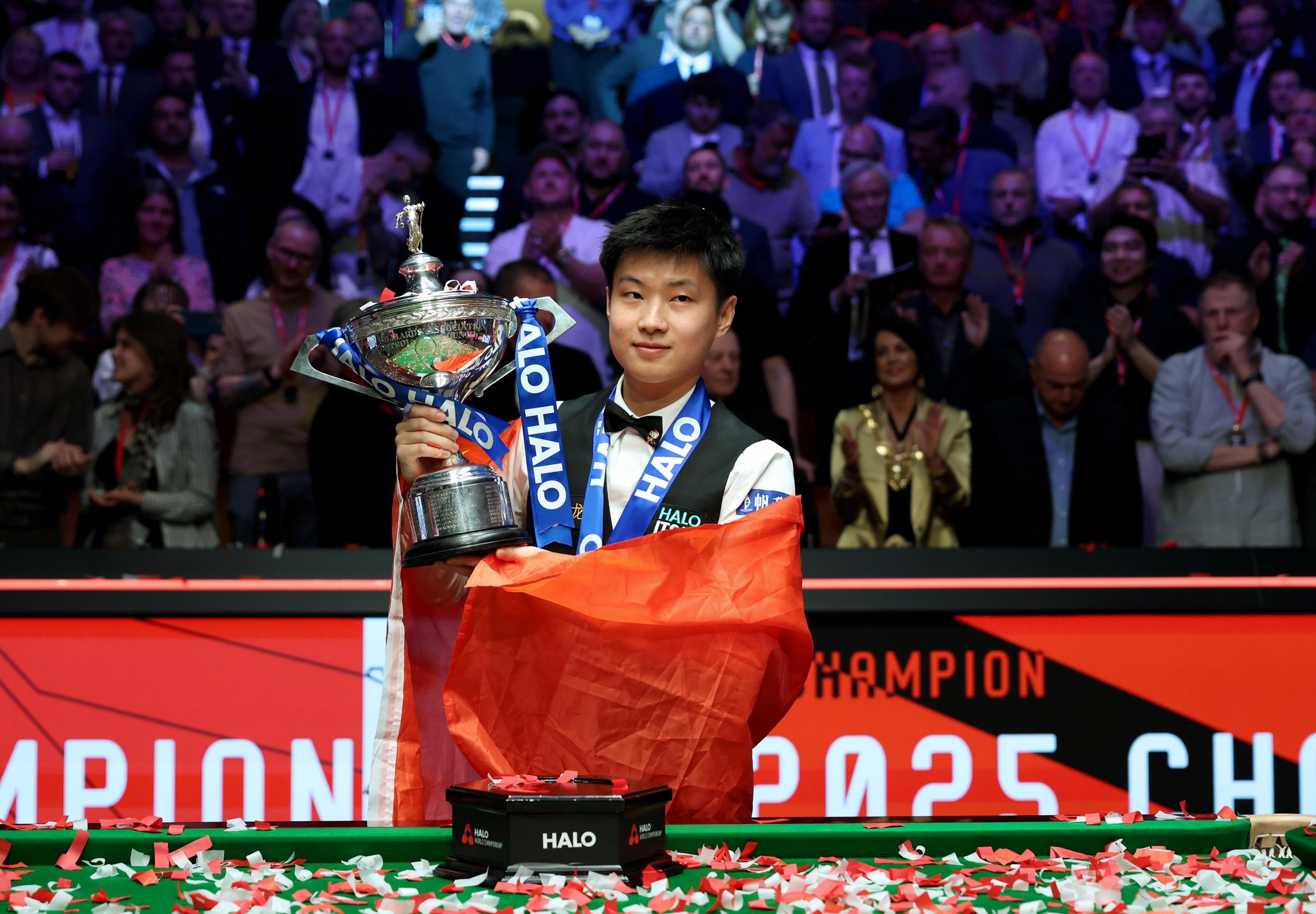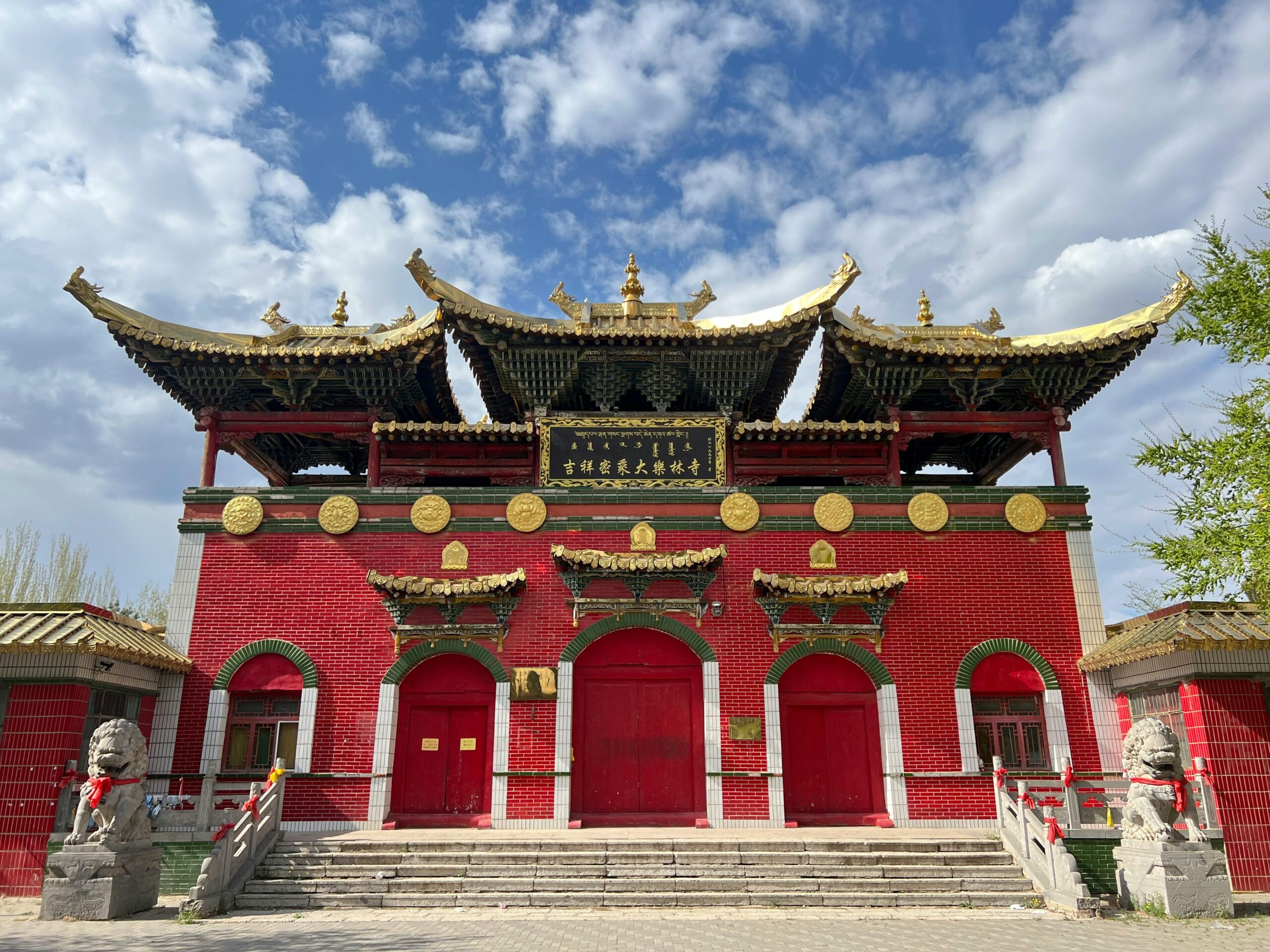Zhao Xintong World Snooker win marks turning point for cue sports in China
In a historic breakthrough for global cue sports, Zhao Xintong has become the first Chinese player to win the World Snooker Championship. He clinched the title at the Crucible Theatre in Sheffield. The win marks both a personal milestone and a defining moment for China in a sport long led by the UK and Australia. With rising viewership, grassroots excitement, and increased sponsorship, Zhao’s triumph signals a major shift in the sport’s global landscape.
Background: From Xi’an prodigy to world snooker king
Born in Xi’an, Zhao picked up snooker at just eight years old. He quickly gained attention for his fast-paced style and cool demeanor under pressure. After turning pro in 2013, he climbed the ranks with steady performances and frequent TV appearances.
His 2021 UK Championship win was a breakthrough. However, his victory at the 2025 World Championship takes things further. Zhao defeated Mark Selby, Judd Trump, and finally John Higgins in an intense 18–15 final. With that win, he joined the elite tier of global snooker players.
Market impact: Snooker boom ignites across China
Zhao’s championship sparked a nationwide snooker surge. According to CCTV, more than 60 million people watched the final. Meanwhile, Youku reported a 40% spike in livestream views. The momentum didn’t stop there:
-
Youth enrollment at snooker academies in Guangdong, Hunan, and Jiangsu hit record highs.
-
Brands like Anta Sports and Li-Ning are eyeing potential sponsorship deals.
-
The World Snooker Tour is preparing to relaunch the China Open and Shanghai Masters in 2026.
If the trend continues, snooker could become one of China’s fastest-growing sports by the end of the decade.
Editorial insight: Snooker’s power center shifts east
Snooker has traditionally been dominated by players from the UK and Australia. Zhao’s win challenges that legacy. Alongside rising stars like Yan Bingtao and Wu Yize, he represents a new generation that is reshaping the sport’s global hierarchy.
This transition mirrors wider patterns in international sports. China is no longer a passive audience—it’s now a central player. Zhao’s success may prompt deeper investment from China’s General Administration of Sport. It could also foster more collaboration with international snooker bodies on training programs and tournament planning.
Conclusion: Zhao Xintong ushers in China’s cue sport era
Zhao Xintong’s win is more than a title—it’s a turning point for the sport. His rise signals China’s arrival as a dominant force in cue sports. With booming audience numbers, increased commercial interest, and a new generation of young talent, the future of snooker looks increasingly centered in Asia.
As the China Open and Shanghai Masters return in 2026 and Zhao’s fame continues to rise, China is no longer just a market—it’s now the heart of global snooker. For fans, sponsors, and sporting bodies alike, the cue sport era in China has officially begun.















